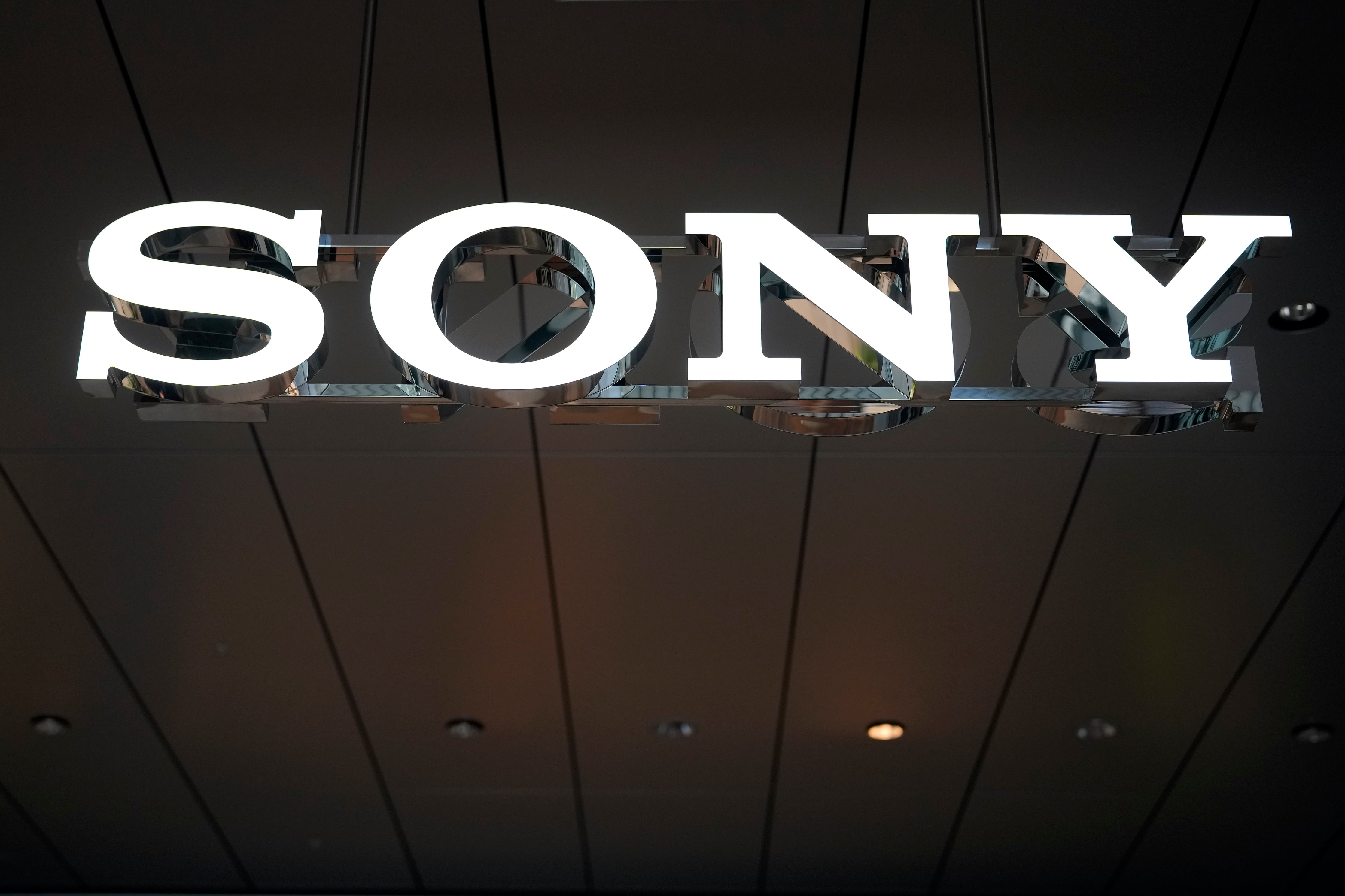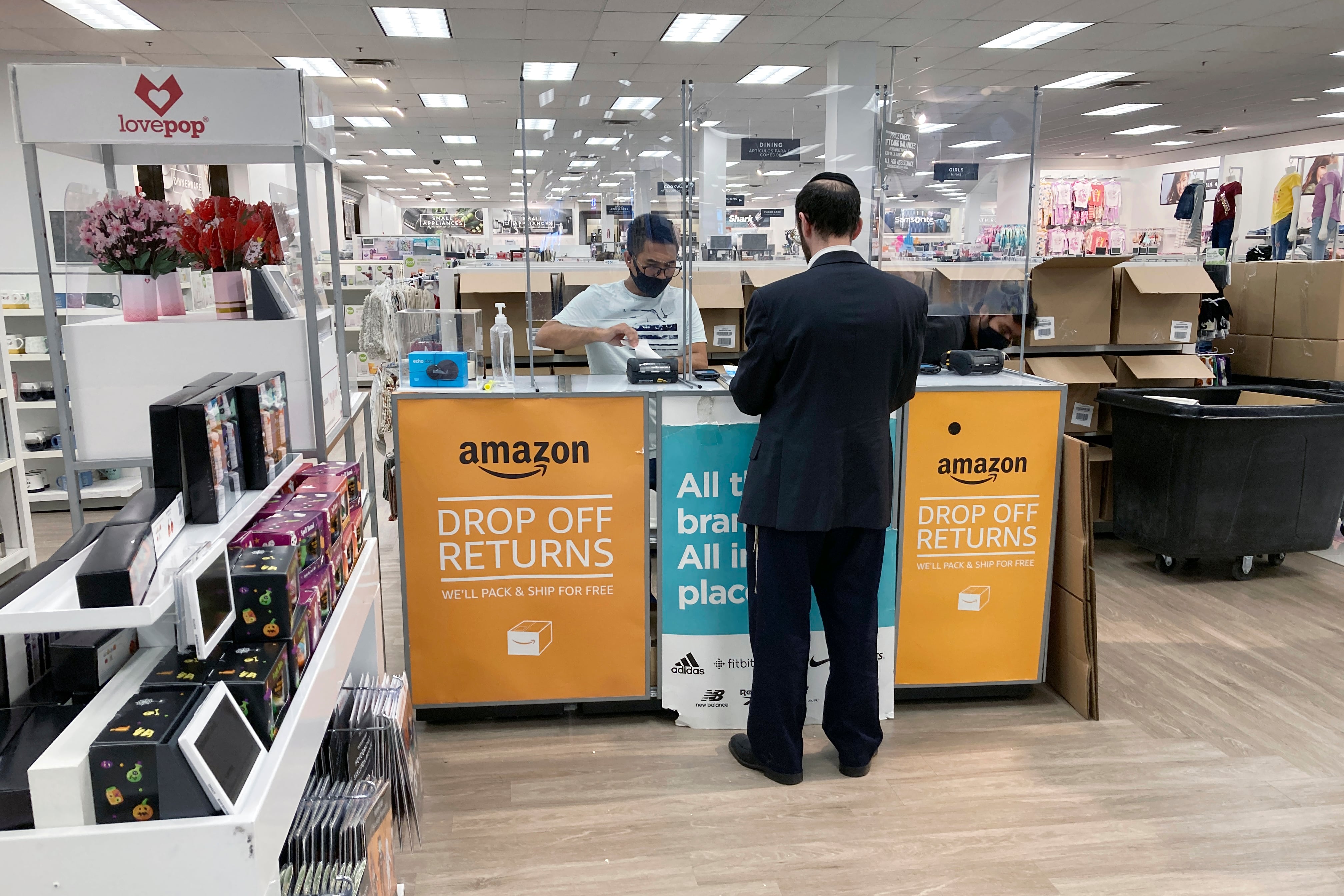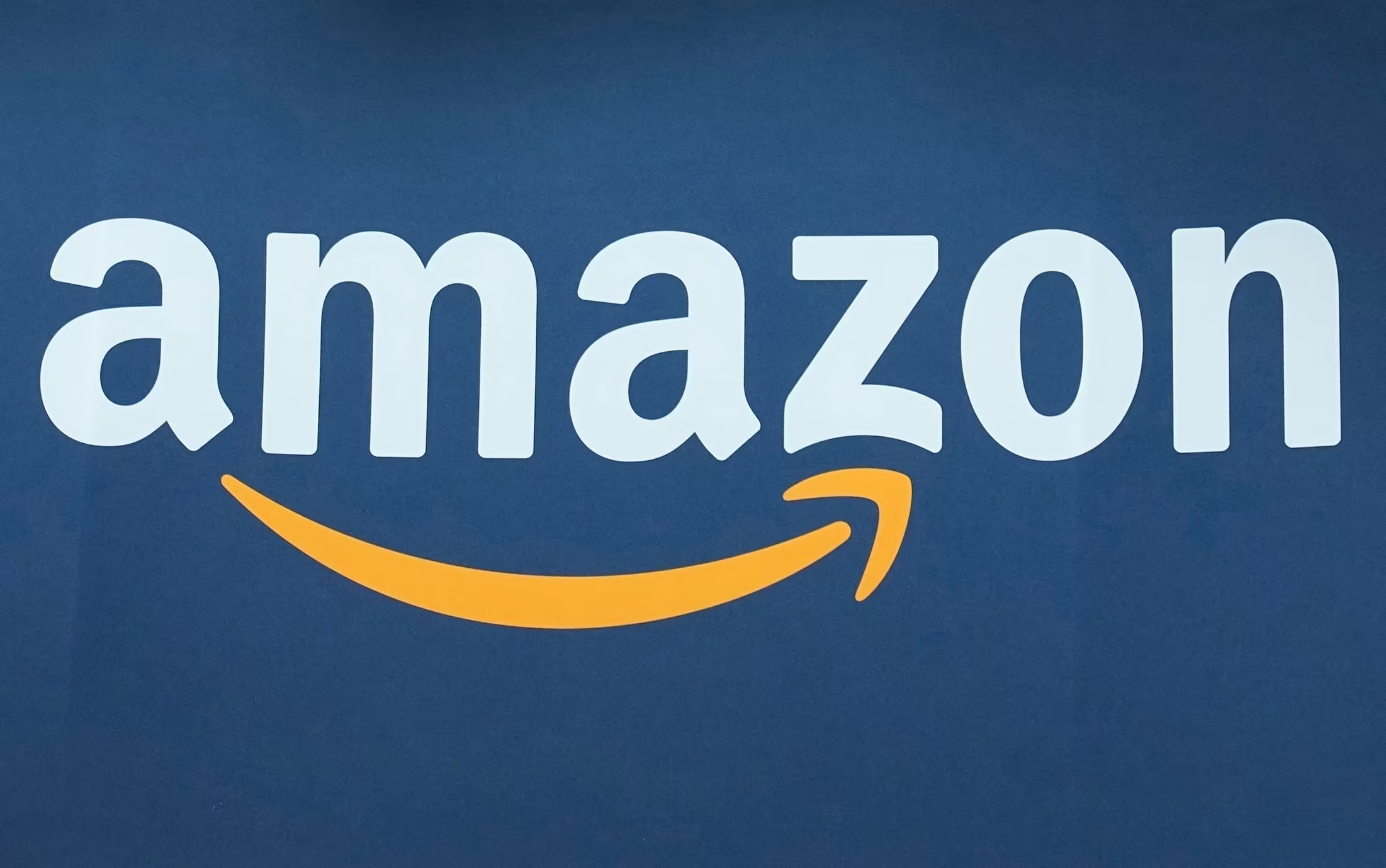WASHINGTON (AP) — Americans’ view of the U.S. economy improved this month, but Americans remain concerned about the impact of tariffs on their economic futures.
The Conference Board said Tuesday that its consumer confidence index rose two points to 97.2 in July, up from 95.2 the previous month.
The increase in confidence was in line with analysts’ forecasts.
In April, American consumers’ confidence in the economy sank to its lowest reading since May 2020, largely due to anxiety over the impact of President Donald Trump’s tariffs.
A measure of Americans’ short-term expectations for their income, business conditions and the job market rose 4.5 points to 74.4, however that’s still well below 80, the marker that can signal a recession ahead.
Consumers’ assessments of their current economic situation inched down by 1.5 points to 131.5.
Sony’s profit surged 69% in July-September on the back of strong sales of its image sensors, games, music and network services.
U.S. stocks closed their best week in a year with some modest moves.
The Federal Reserve cut its key rate by a quarter-point in response to the steady decline in the once-high inflation that had angered Americans.
Shares of Tesla soared Wednesday as investors bet that the electric vehicle maker and its CEO Elon Musk will benefit from Donald Trump’s return.
It’s one of the most under-publicized policies of some of the biggest U.S. retailers: they give customers full refunds and let them keep the stuff.
America’s employers added just 12,000 jobs in October, a total that economists say was held down by the effects of strikes and hurricanes.
Striking workers at Boeing will vote on a new contract offer next week.
Amazon reported a boost in its quarterly profits Thursday and exceeded revenue estimates.
Joe Biden has called out Elon Musk over a published report that he once worked illegally in the U.S.
Tesla’s third-quarter net income rose 17.3% on stronger electric vehicle sales. Tesla's stock soared almost 12%.













